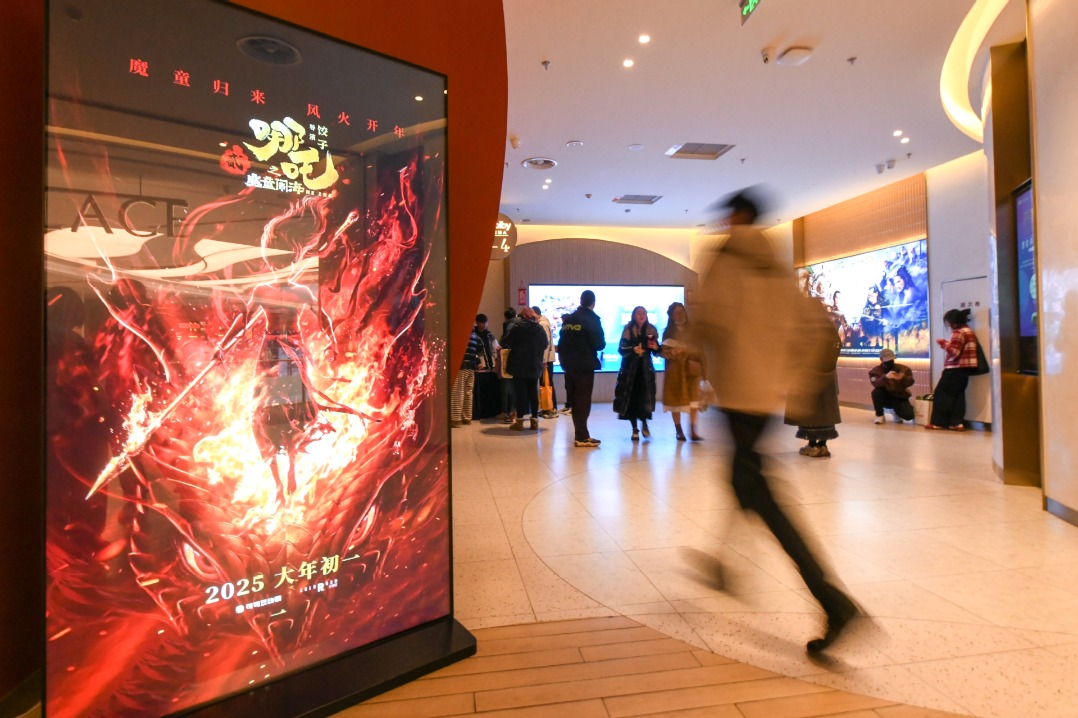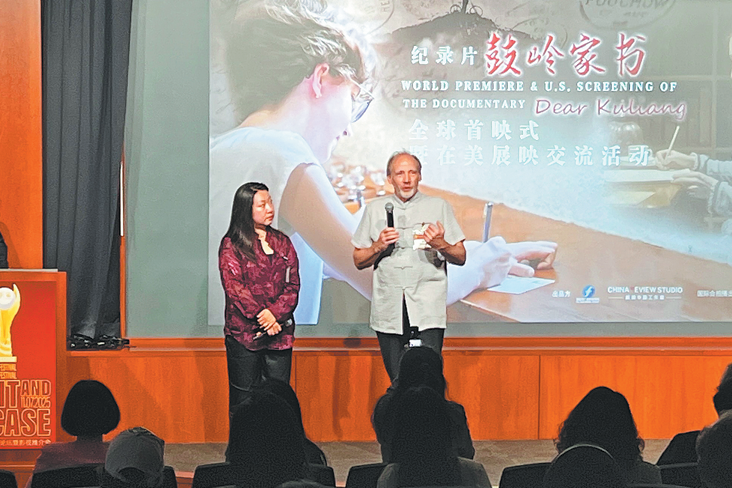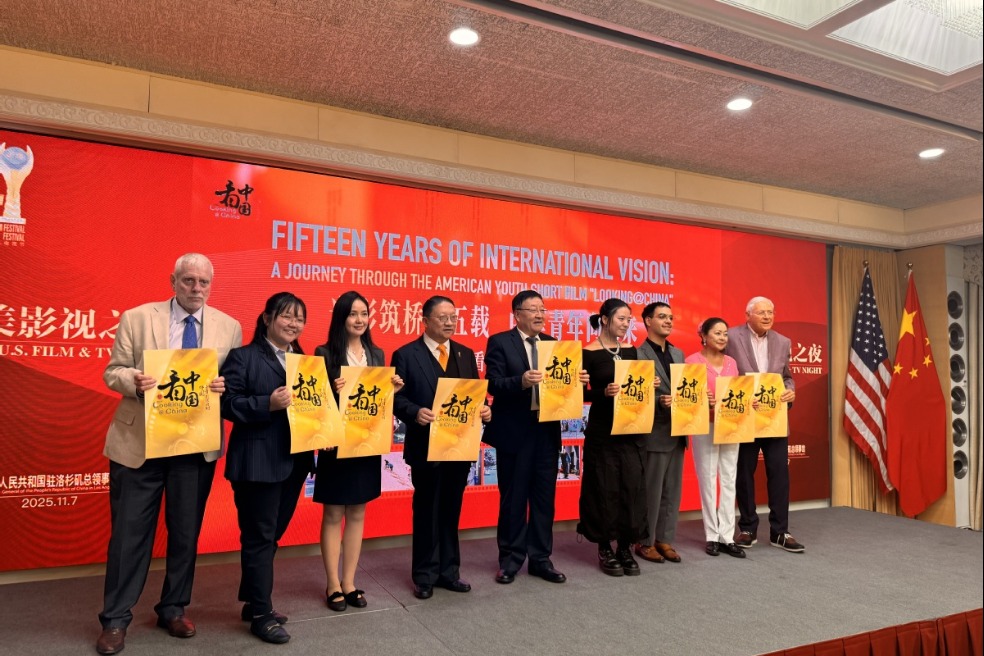Japan OKs stem cells for corneal disease


Japan's Health Ministry on Tuesday granted permission for world's first clinical test with artificially derived stem cells for the treatment of a corneal disease that causes decreasing vision, local media reported.
The corneal test, the sixth case authorized by the Japanese government using induced pluripotent stem (iPS) cells, will be conducted by a team of researchers from Osaka University led by Professor Kohji Nishida.
With artificial cultivation, the iPS cells can grow into any type of body tissues.
According to Nishida, the team will transplant a 0.05-mm-thick sheet-like corneal tissue produced from iPS cells into the eyes of four patients, all of whom suffer from diseases that bring corneal haze or decreased vision.
The first transplant operation could be carried out as early as June, Nishida said, adding the treatment might come into common use within five to six years.
The researchers will keep an eye on the safety and the effectiveness of the operation for one year after the surgery and are required to submit reports to the Health Ministry after the studies on two of the patients are completed.
The Osaka University team's research would be a breakthrough for patients with corneal disease as there are not enough corneas for transplants due to limited number of donors, officials from the Health Ministry said. They cited data that a total of 1,600 patients are currently waiting for corneal donations in Japan.
"I will promote clinical research as safely and promptly as possible and develop it for standard medical care," Nishida told reporters after the panel discussion.
Developed by a team led by Kyoto University's Shinya Yamanaka, the iPS cells can theoretically grow into any type of body tissue.
Other cases using iPS cells already approved by the Japanese government include treatments for platelet transfusion, Parkinson's disease, heart disease and damaged spinal cords
In recognition for his discovery that "mature cells can be reprogrammed to become pluripotent", Yamanaka was awarded the Nobel Prize in Physiology and Medicine in 2012.
In 2014, backed by the government, Japan's Riken institute conducted the world's first clinical test using iPS cells by transplanting artificial retina cells into an individual with a another type of eye disease.
Kyodo News contributed to this story.
































